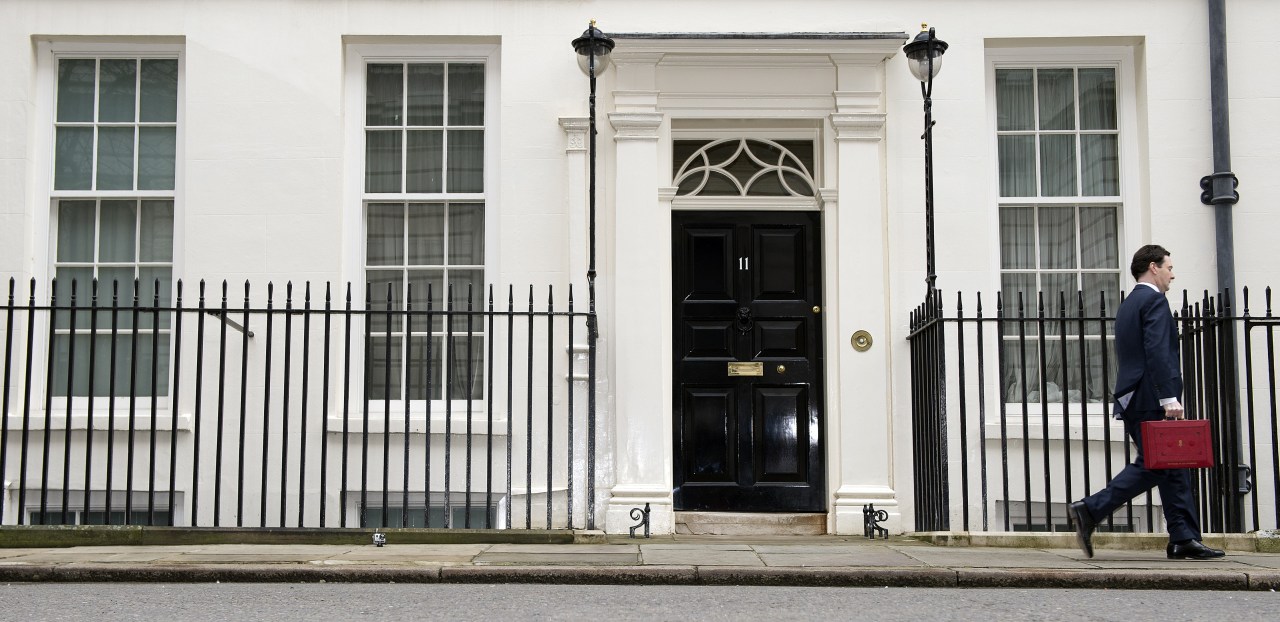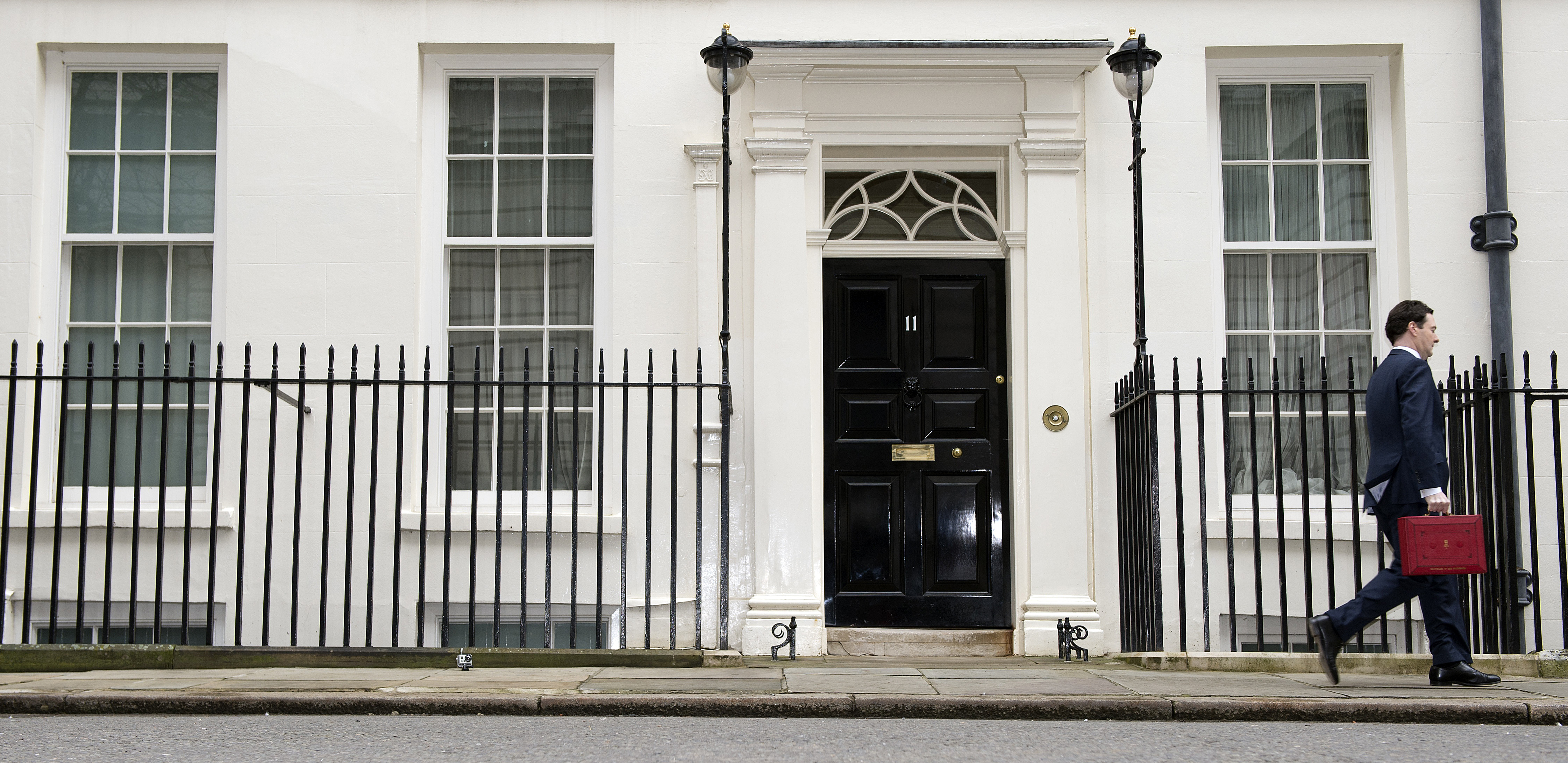Let us begin with a statement upon which everyone can agree: Aspiration Nation is a rubbish phrase that should be abandoned forthwith. Robert Colvile is correct about this. Secondly, the budget is a response to, but hardly a cure for, the worst recovery in recorded, memorised, history. Thirdly, the soft bigotry of low budget expectations is such that I agree with Sam Bowman and think this may – at first glance – be George Osborne’s best budget yet.
That scarcely means it was a triumph. How could it be when the forecast for growth this year has been halved to a wholly inadequate 0.6%? This was a budget sired by Labour, out of failure. More selling plate at Pontefract than the Derby at Epsom.
Indeed, for all the talk about how this government has taken a slash-and-burn approach to the public finances one had the sense that, at least in terms of the big picture, this was a budget not far removed from those Alistair Darling might have delivered had Labour clung to power for another term. Perhaps that’s why Ed Miliband scarcely bothered to criticise any of the budget’s actual provisions. Deficit reduction is no longer the be-all-and-end-all. Longer-term debt continues to rise (to as much as 85% of GDP according to the latest revised forecasts). Mr Efficiency Savings continues to be the hardest-working man in Whitehall.
And, to cap it all, there is a very-boom-years intervention in the housing market. What, as Iain Martin asks, could possibly go wrong with that? Eric Pickles will be pleased but, surely, the better response to the housing shortage is reforming the planning system (in conjunction, perhaps, with measures that lower the cost of developable land). Fixing supply is less risky than assistance on the demand side of the issue.
Elsewhere there were some welcome measures even if, as so often, they were less dramatic than they might have been, years overdue in any case and, of course, off-set by tax increases elsewhere. It is good that the personal allowance will rise to £10,000 (well done Lib Dems!); it is not good that still more people will be paying 40% tax on some portion of their income. Similarly, future generations will marvel that this country ever had a Beer Tax Escalator. They will wonder what it was.
Of course, modest reductions in exorbitant tax rates are welcome. But they are tinkering at the margin, not least when set beside the impact of past VAT increases. Still, the little things help.
The concentration on income tax is less and less useful, however. VAT and Excise duties raise as much money as income tax these days. Then again debt interest payments will total £51 billion in 2013-14 or almost as much as is spent on Transport and the Home Office combined. Which demonstrates both how little room Osborne had in which to operate and how public spending can continue to rise even as public spending cuts also take effect. There is localised austerity within a debt-financed broader reality.
Overall, then, Osborne was making the best of a bad job. Within those parameters this budget seems – at least for now – to be a reasonable success. Politically it is not as disastrous as last year’s effort even if, yet again, the economic aspects of it amount to not very much more than neo-Micawberism.








Comments